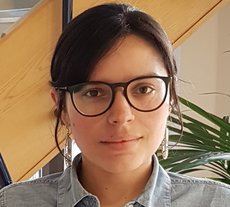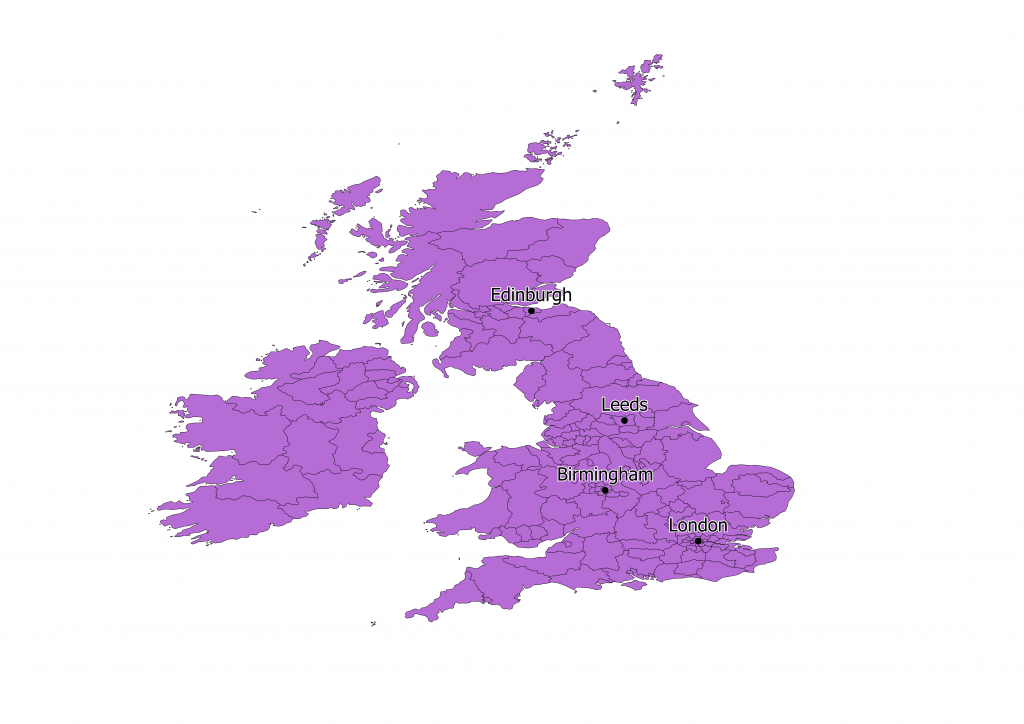
As a researcher, I’m interested in the differences between regions, trying to understand why some areas flourish while others struggle, and how this is related to a regions characteristics (framed in a certain spatial context), which is broadly what Economic Geography looks at.
I am keenly interested in the interplay between structural and circumstantial features. That some differences are closely related to factors that cannot be changed, such as your geographical position or the endowment of natural resources; while others can be subject to policy intervention, like the industrial specialization or the overall skill level in an area. The evaluation of the influence that each kind of factor has on the economy of a region is a useful way to understand certain patterns, and an initial step to shape local policies.
Another fascinating issue to me is the impact of the relative location. If we think of a country as a dynamic system of cities of different sizes that interact continuously, sometimes sharing or competing for markets and resources, the study of the mechanisms behind these processes or what outcomes might be expected across the territory is most intriguing.

These general interests got me enrolled in a PhD in the University of Oviedo (Spain) as a member of the REGIOlab (Regional Economics Laboratory), finishing in 2017 with a dissertation about the local demo-economic dynamics in Spain. In my dissertation, I explored the spatial relationships affecting population and employment growth, ageing processes and wage gaps between different geographical divisions (municipalities, local labour markets or size tiers), and how those relationships changed through the last decades. So far my research has relied on quantitative approaches exclusively (mostly Spatial Econometrics), but I acknowledge the value of qualitative methods, especially in addressing questions from a deeper point of view.
During my PhD, I had the opportunity to spend some time as a visiting scholar at REAL (Regional Economics Applications Laboratory – University of Illinois) and GEM (Global Economics and Management Department – University of Groningen). Great experiences from the academic and the personal point of view that I will cherish forever, and that allowed me to meet amazing researchers from all over the world.
After graduating, I moved to the UK to work in IMAJINE, a H2020 Project led by the Aberystwyth University (Wales) that deals with spatial justice and territorial inequalities in Europe. Thanks to this project, I learned a lot about the existing differences in terms of welfare and material deprivation (with a focus on local income) in European regions. Under this framework, I participated in research tasks regarding the international comparison of poverty, the effect of economic disparities on the entrepreneurial character of an area, and the impact of relative local inequality on the result of the Brexit Referendum in 2016.

The most recent step in my career has been moving to Birmingham and start working at City-REDI as a Research Fellow in January 2019. My role at City-REDI primarily involves the study of the local economic effects derived from the concentration of creative industries The project is being conducted through the AHRC-funded Creative Economy Policy and Evidence Centre and is led by NESTA (National Endowment for Science Technology and Arts). This is my first time analysing the economy from a specific industry perspective, and I am thrilled to investigate the impact of such a fast-moving sector and its links to other local economic aspects. This project gives me a great opportunity to dive into a growing body of work that is drawing lots of attention from the academic and policy fields, which comes as no wonder given its close relationship with innovation and the potential implications for economic growth associated.
More generally, I have to say that I’m very excited about the number of activities going on: there is always something happening (seminars, workshops, lectures, etc.) in any of the spheres surrounding City-REDI! Either in the Institute itself, in the Business School, or in the University. I have not been here for long, but I can see already that this is a great environment to grow as a researcher. In summary, I’m really glad I’m part of this team.
This blog was written by Dr Diana Gutiérrez Posada, Research Fellow at City-REDI.
Disclaimer:
The opinions presented here belong to the author rather than the University of Birmingham.
To sign up for our blog mailing list, please click here.
